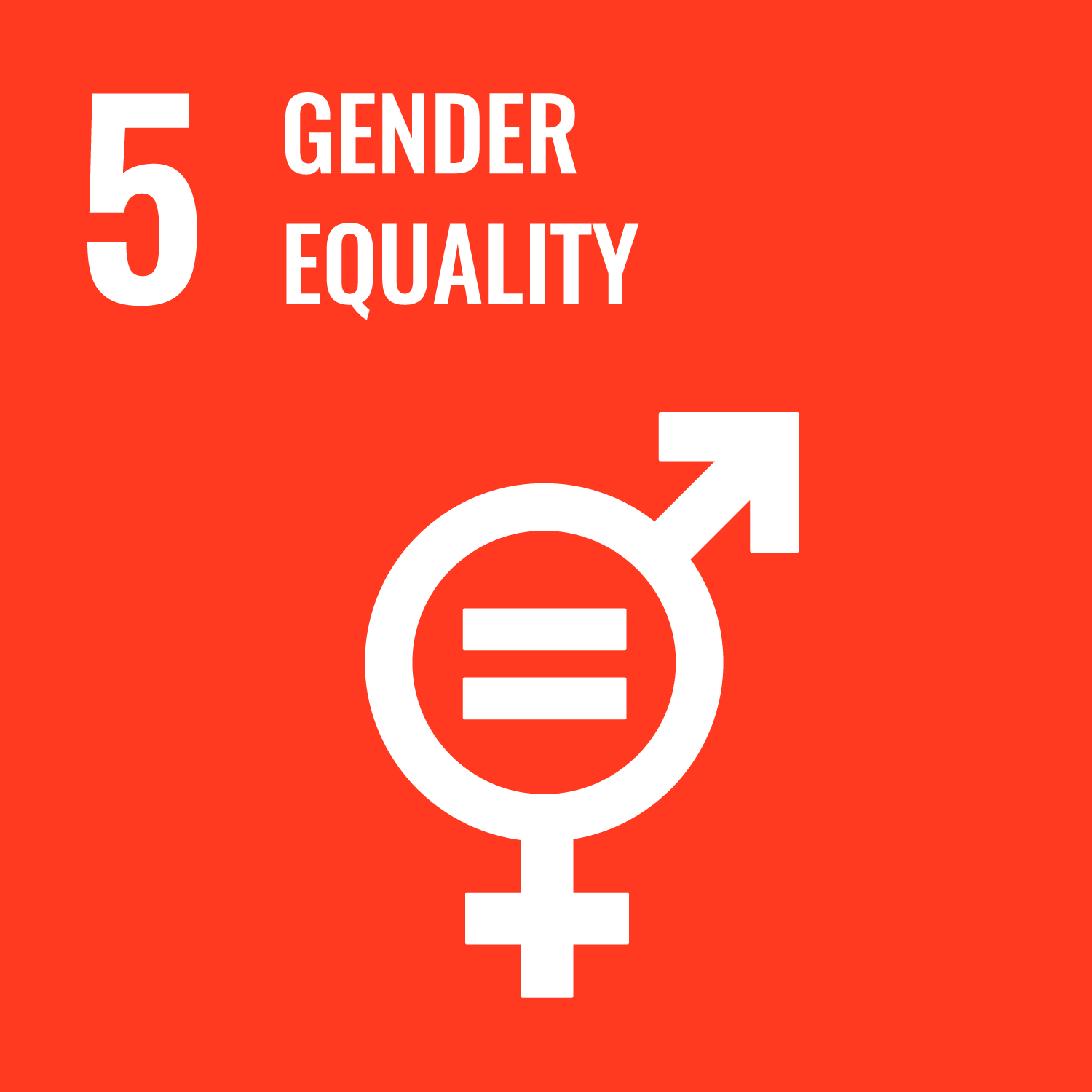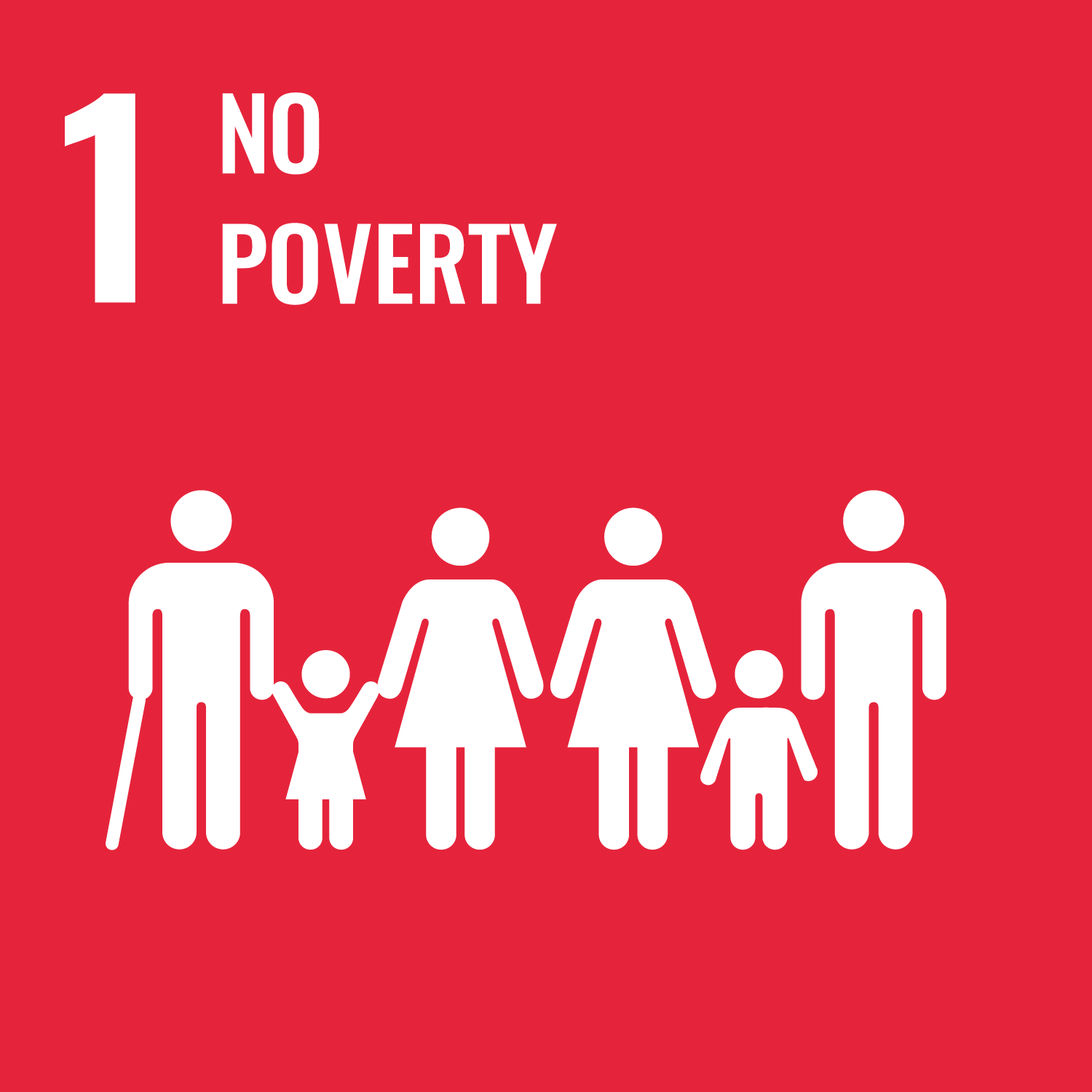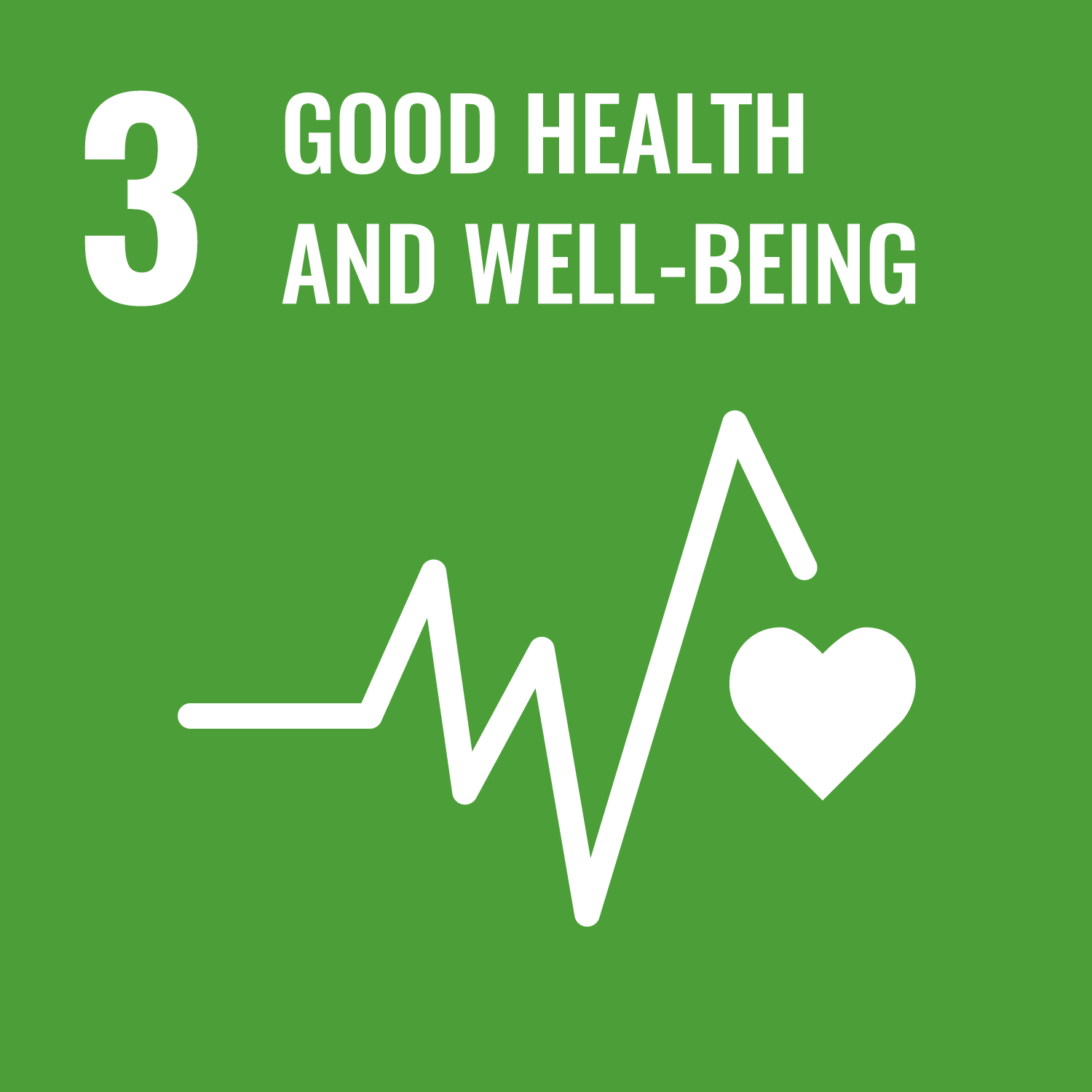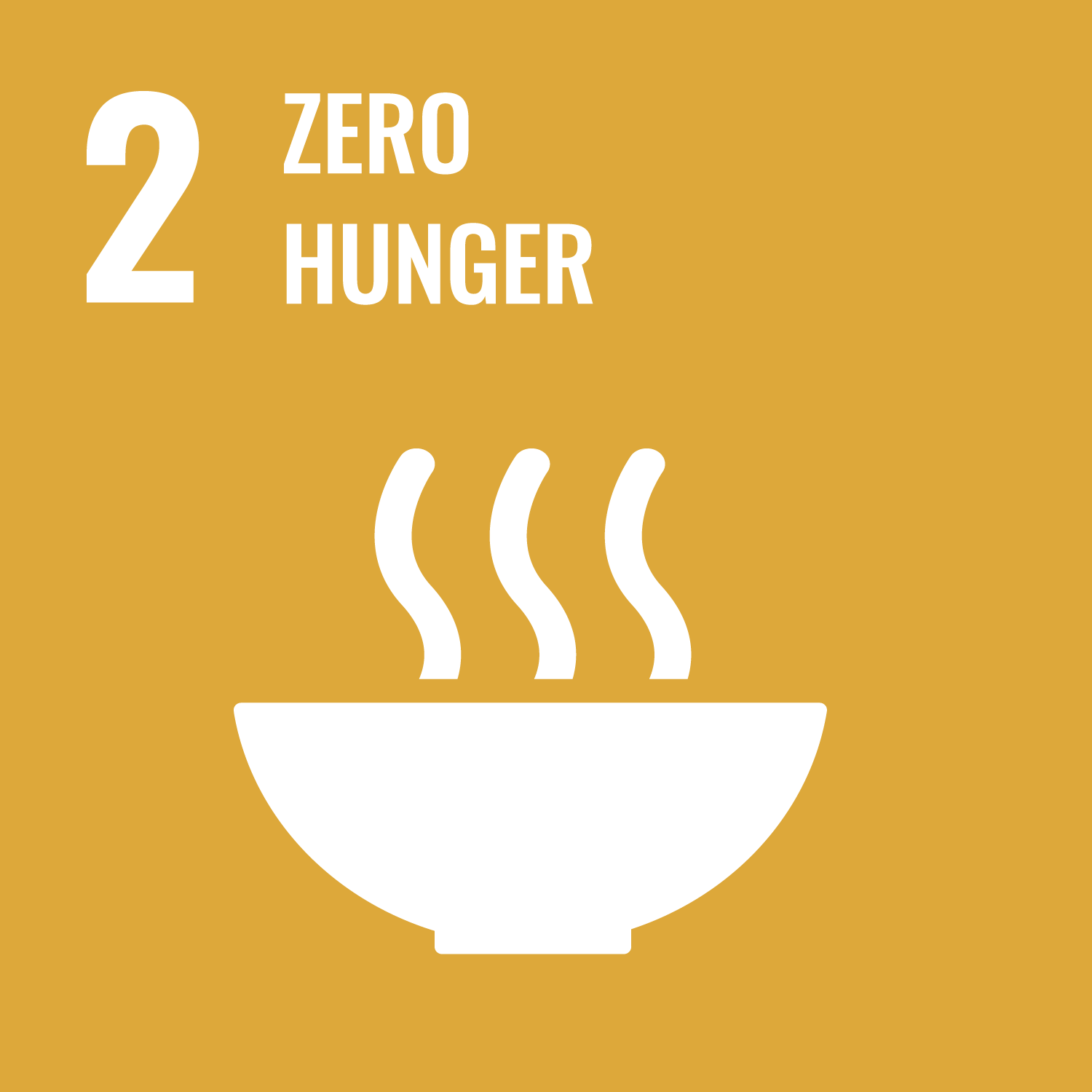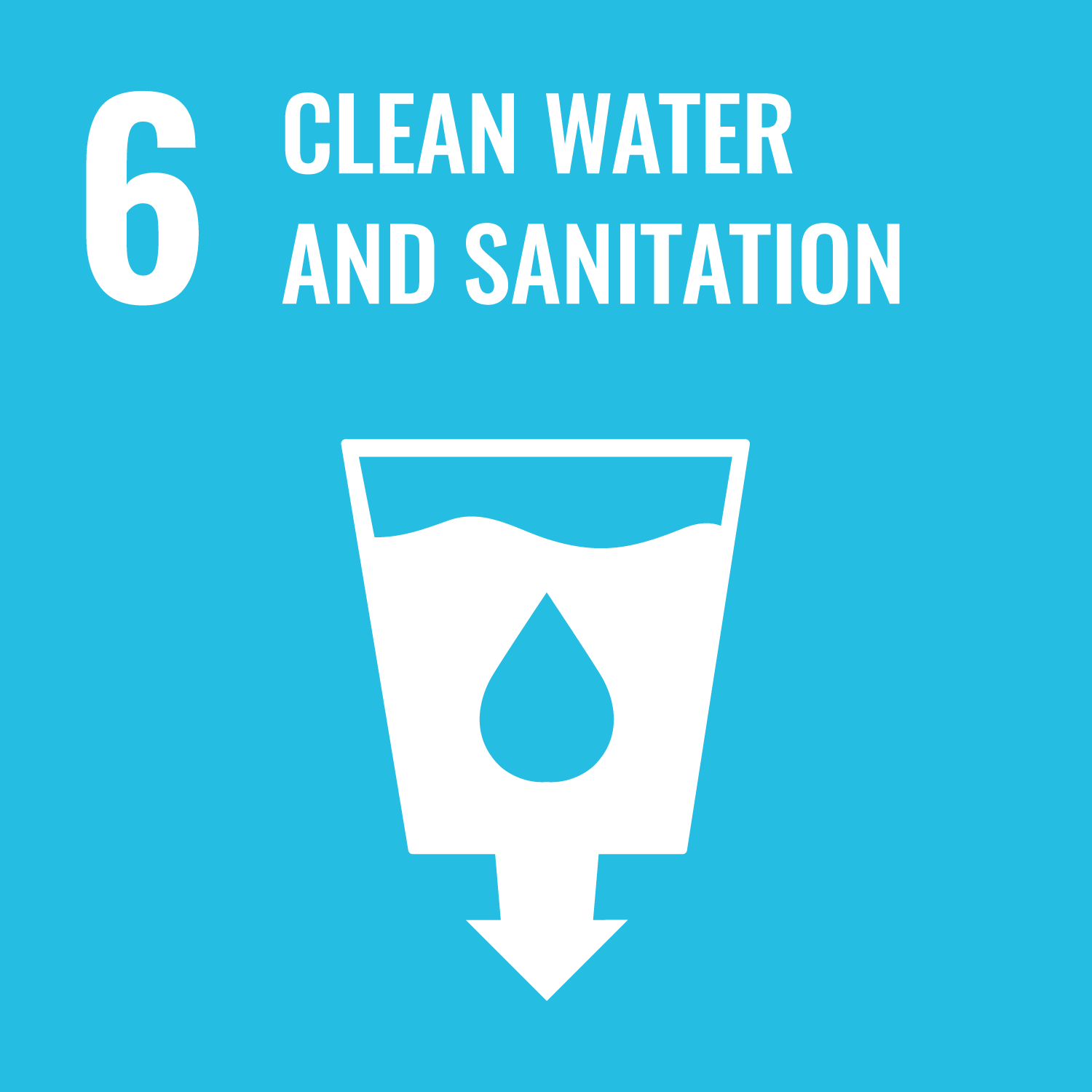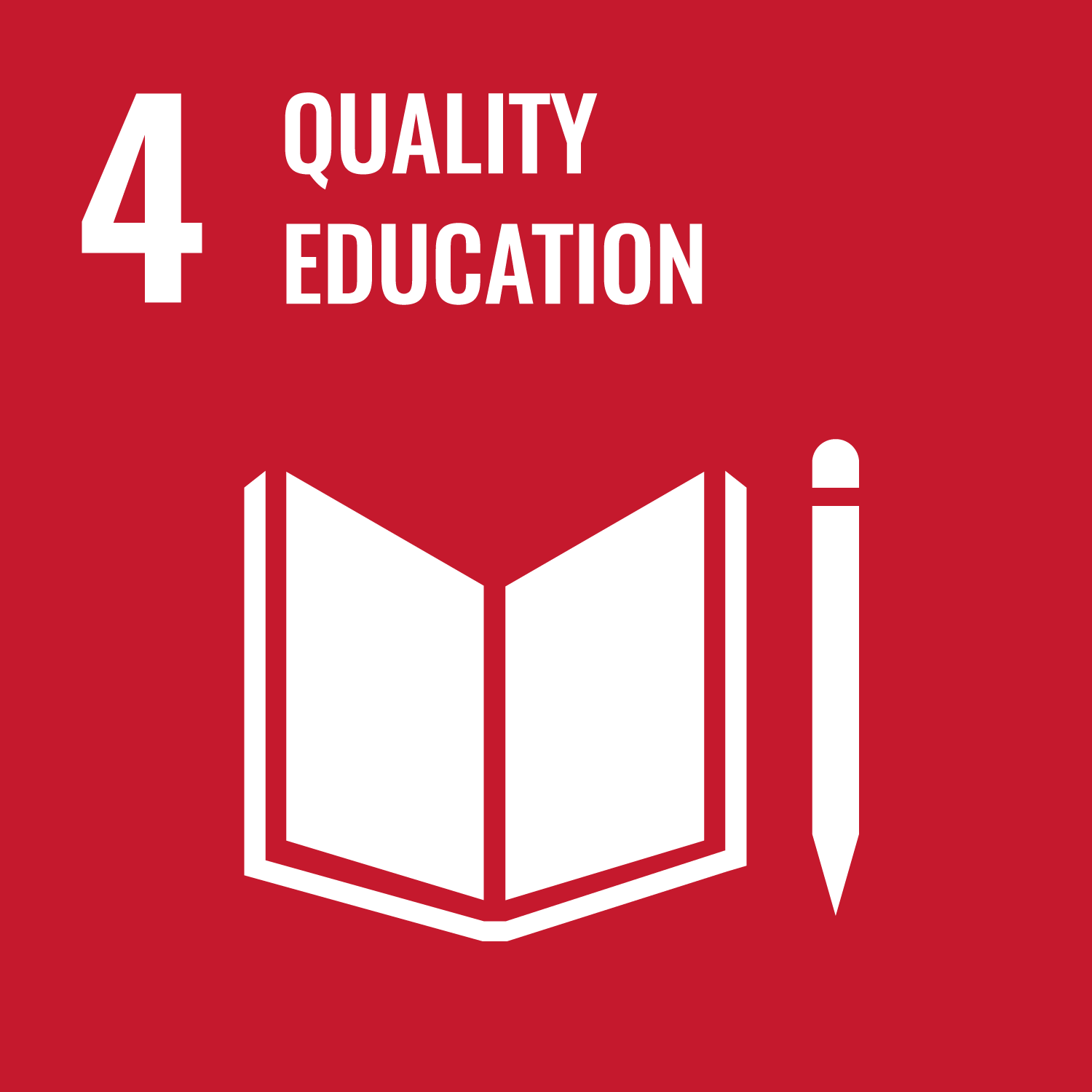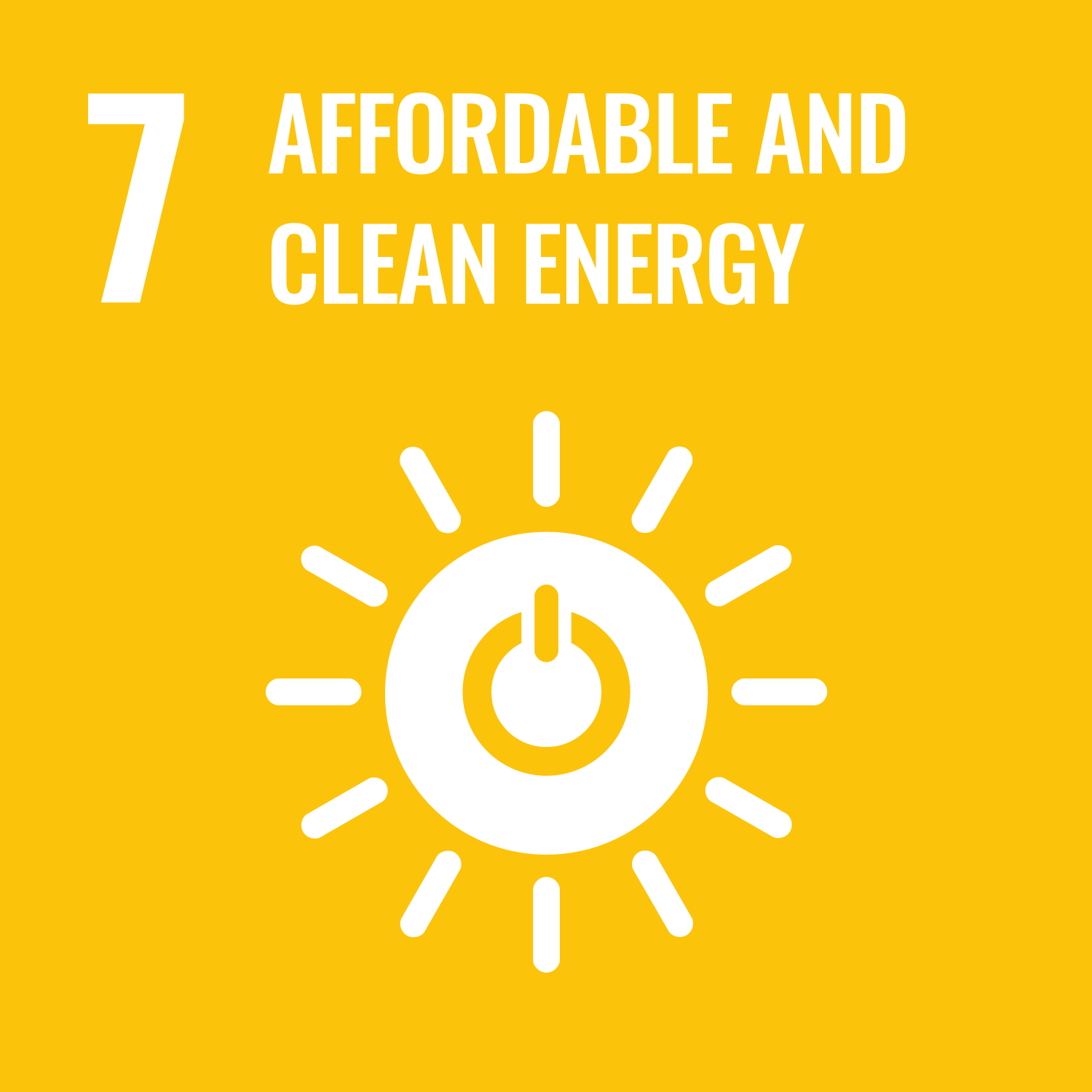Kaaba Microfinance Institution (K-MFI)
- CSO Profile
- Campaigns
- Projects
- Events
Kaaba Microfinance Institution is a financial provider that creates employment for people living in poverty to realize their potential and claim their rights
Overview
Organisation type
Nonprofit organisation
Country of Registration
Annual Budget
100 000 - 1 000 000 USD
Scope
Local
Field of Activities
Organisation Laguage
English
Contact
Transforming the lives of Somaliland’s Agropastoral community
A partnership between Kaaba Microfinance Institution & GEN Africa
Project Summary: This project is designed to radically reform current development practices, putting communities, sustainability, and wealth creation at the heart of the development process. The core philosophy is of local empowerment and ownership with the community engaged at all stages of the project cycle. The community has played an active role in program planning to regenerate and sustain their social and natural environment and recognize & utilize their Community assets including natural, social, human, and cultural capital which are crucial factors in building an eco-community.
Kaaba Micro Finance Institute (K-MFI): Established in 1999 K-MFI is a financial service provider that strengthens the economic base of the low-income groups in Somaliland. K-MFI acts as a catalyst, creating self-employment opportunities for people living in poverty to realize their potential. K-MFI deem willpower, persistence, and resilience are the ultimate tools to fight poverty, injustice, and inequality. K-MFI has built itself from a microcredit project that started with 150 women in 1999 to a fully-fledged microfinance institution that has accessed financial services to 18,000 low-income persons out of which 80% are women. Indirectly, K-MFIs services have benefited another 70,000 of their dependents.
GEN Africa: Since its establishment in 2012 GEN Africa has been developing the Pan-African Ecovillage Development Programme (PAEDP) a transformative model, using an integrated, multi-sectoral community-based approach to create sustainable and resilient ecovillage communities. The PAEDP model draws from sister GEN network's global experiences as well as some of the most innovative Ecovillage programs in the world. These include Senegal where ground-breaking efforts have been made to transform 14,000 rural villages into Eco Villages, and in Egypt where the SEKEM program developed during the last four decades has transformed sustainable agricultural practices for 40,000 people.
Impact of the climate change on K-MFI's targeted Groups
The Agropastoral community is one of K-MFI main target groups, K-MFI provides production loans to drought-affected Agropastoral families to be used for procurement of various farm inputs, investment in livestock, and for establishing non-farm enterprises. With the intensification of the recurrent droughts caused by climate change accessing financial services to the Agropastoral families was no longer a remedy, but a hindrance. Droughts kept wiping out beneficiaries’ production bases while they are still repaying K-MFI’s loans. This troubling reality has pushed us to dig deep and see if we could come up with a new product that can help the community in the short-term as well as in the long term.
Need Statement: The damages of the recurrent droughts caused by climate change in Somaliland are massive. To name a few, the livelihoods and the food security of Somaliland’s agropastoral community estimated to be 55% of the population is seriously affected, rendering their traditional livelihoods increasingly tenuous. Somaliland’s agropastoral community is dropping out of the system; families are splitting and the resilience of the community is eroding. During droughts, the community has no other option but to walk with their animals as long as they have the energy to do so. With no sight of water and pasture and physically unable to continue, fatigue, illnesses, and hunger sets in. The result is a damaging impact on the health of livestock herds and on the pastorals, followed by mortality rates.
The inability of the current livestock production system to withstand the effect of droughts is another troubling factor. Though still going on, the 300-year-old system is unsustainable in its present form. It was manageable when droughts used to occur every 20 years when rain was timely and water was available. The situation has now changed, droughts occur almost every 2 years. If the current livestock production is not gradually replaced, it can put the sustainability of Somaliland’s livestock trade at risk, and can as well endanger the livelihoods and the food security of 55% of the population that are living in the rural areas. It is therefore of vital importance to gradually replace it with an alternative livestock production system that can withstand the effect of droughts. An integrated animal breeding and fattening system combine with good husbandry practices could be a good option.
The deepening rural poverty has further increased migration from rural to urban areas augmenting existing levels of urban poverty. The out-migration of men and young people to the cities has changed gender roles. Women are assuming tasks and responsibilities that used to be the domain of men. These extra chores have limited women’s physical capacity, eroded their resilience, and have increased the existing gender inequality. The Gender Inequality Index for Somalia/Somaliland is placed at the fourth-highest position globally.
Hardly any of the local institutions or international organizations working in Somaliland have neither adopted the ecosystem nor have long-term concrete plans to help Somaliland’s Agropastoral community, to get out of poverty. Our concern and that of the stakeholders is, if the problems facing Somaliland’s rural communities and livestock trade are not addressed in the near future, irreversible repercussions may trigger soaring food prices; lower GDP; reduce taxes the government gets from the export of the livestock; (d) increase the already high unemployment rate, which in turn may affect the peace and political stability of the country.
Rationale
Somaliland has in recent years experienced debilitating recurrent droughts that have decimated its livestock, and have forced tens of thousands of Agropastoral families to flee their grazing land for urban camps. With the livestock being the backbone of Somaliland’s economy accounting for 65% of the country’s GDP, employing about 70% of the population, contributing 85% of export earnings, and generating $250-$350 million annually Somaliland’s economy is intrinsically sensitive to climate change impacts. The country’s high levels of dependence on livestock exports, which allows the entire economy to be susceptible to droughts is an impediment. This has further exasperated the vulnerability of the Agropastoral community as they are dependent upon rain-fed rangelands grazing for their livestock and farms.
The decision to adopt the ecovillage system: After factoring in the magnitude of the challenges facing the Agropastoral community, it became clear to us that financial services alone will not solve the community’s challenges holistically. The theory of Buckminster Fuller – ‘you never change the existing reality by fighting it instead create a new model that makes the old one obsolete’- fits the current situation of Somaliland’s rural areas. The adoption of the ecovillage system could not have come at a more appropriate time, as new alternatives, innovative solutions, and vibrant structures could overtake the bleak and untenable current situation of the rural areas. The fact that climate change is anticipated to increase the intensity and frequency of droughts aggravates an already complex situation. In light of these challenges, K-MFI is focusing from 2021 to 2025 on a drought-affected Agropastoral community targeting primarily women & youth.
Project Description (towards a new vision)
Kaaba Microfinance Institution (K-MFI) is focusing from 2021-2025 on a drought-affected agropastoral community targeting primarily women and youth. In this endeavor, K-MFI proposes a 5-year project that aims to pioneer the ecovillage system in Somaliland by using local participatory processes to holistically integrate, economic, social, ecological and cultural dimensions of sustainability. The purpose of the project is to help Somaliland’s agropastoral villages to get out of extreme poverty at the village level, through innovative entrepreneurial and sustainable livelihood initiatives. To meet these challenges, the project aims first to build and showcase a transitional, replicable and scalable ecovillage that can serve as a ‘demonstration’ and as a ‘model’ for sustainable human settlement. The premise is once the planned interventions are completed, snowball effect of the model will spur replication faster giving opportunities to other stakeholders to replicate similar villages, in the other rural areas of Somaliland.
Specific Objectives of the project
• Assist beneficiaries to catalyze their power to bring changes into their well-being and into the
ecosystem’s which they inhabit;
• Transform a traditional village into a replicable and scalable ‘transitional ecovillage’ that can serve as ‘a
demonstration and a ‘model’ for sustainable human settlement;
• Educate the beneficiaries about the importance of regenerative future and the need for restoration
of natural environments;
• Build a mass of social entrepreneur’s and change makers by training young and middle-aged persons living
in the proposed ecovillage in social entrepreneurship;
• Employ ‘social entrepreneurship approach' to offer the project a new road to catalyze change;
• Establish ‘Social Enterprises’ as vehicles to propel the eco-village towards economic prosperity on
equitable basis;
• Build the capacity of the beneficiaries in climate change adaption.
Short-Term Goals:
• Identify and address fundamental factors that determine, health, safety and sustainability of the targeted
group living in the proposed ecovillage;
• Create awareness around the balance of the four dimensions of sustainability;
• Showcase a replicable and scalable ‘transitional ecovillage’;
• Build the knowledge and the skills the beneficiaries would need to earn more from their animals & yields;
• Train a mass generation of youth as social entrepreneurs and change makers;
• Establish 2 ‘Social Enterprises’ as vehicles to propel the economy of the proposed
ecovillage towards more equitable destinations;
• Transform the lives of the beneficiaries from being poor peasants to a vibrant working-class community
focusing primarily on women and youth.
Long-Term Goal
For the long-term, the project sculpts a road map for the transformation of Somaliland’s rural areas into eco-communities. Once the first traditional village is transformed and showcased in the short-term, the snowball effect of the ‘model’ will spur replication faster, giving opportunities to other stakeholders to replicate similar villages in the other rural areas of Somaliland. Thus, the long-term goal of the project is to transform Somaliland’s ‘rural areas estimated at 55% (about 2,200,000) of the country’s population into places of opportunity & prosperity.
Activities
• Introduce an integrated livestock breeding and fattening production system to gradually replace the
current unsustainable livestock production system;
• Educate and train 700 women in the applications of animal husbandry, breeding techniques,
animal nutrition and dietary needs farming methods;
• Build the knowledge and skills of the 700 women beneficiaries to utilize efficiently from the by-products
of their animals;
• Train owners of smallholder farms in modern methods of farming
• Build the capacity of 200 illiterate and semi-literate youth by training them to build, install, maintain
and repair solar electrification systems in off-grid villages;
• Train illiterate 100 youth as social entrepreneur’s and change makers;
• Provide early childhood education for the beneficiaries’ children (up to the age of 8 yrs.);
• Access beneficiaries to basic healthcare by establishing an out-patient clinic;
• Access financial services to microenterprises;
• Conduct advocacy campaigns stimulating discussions at the national and regional dimensions
to empower Agropastoral livelihoods;;
• Establish 2 social enterprises to propel the economy of the proposed ecovillage;
• Assist the beneficiaries to organize livestock grass-root organizations;
Approach
The project aims to use ‘social entrepreneurship approach' (SEA) as a strategy. SEA is chosen firstly because it is a paradigm that can be seen as a solution to reduce poverty, migration, and retention of the working population especially in rural areas. Secondly, SEA is a social endeavor that transforms social capital in a way that affects societies positively. With SEA offering the project a new road to catalyze change, the project aims to use ‘Social Enterprises’ as a vehicle to propel the village towards more equitable destinations. This means the project is deviating from depending on external grants to building profitable and scalable social enterprises that strives to achieve financial and social returns for the project.
Sustainability of the project: Kaaba Microfinance Institution (K-MFI) is focusing from 2021-2025 on drought-affected Agropastoral community targeting primarily women and youth. In this endeavor, K-MFI proposes this 5-year project to pioneer the ecovillage system in Somaliland by using local participatory processes to holistically integrate, economic, social, ecological and cultural dimensions of sustainability. The purpose of the project is to help Somaliland’s Agropastoral villages to get out of extreme poverty at the village level, through innovative entrepreneurial and sustainable livelihood initiatives and through the ecosystem.
Expected Outcomes
• An integrated goat breeding and fattening social enterprise is established and
introduced as a demonstration farm and as a training ground;
• 700 women beneficiaries are provided on-job trainings with wages in the applications of animal
husbandry, breeding techniques, animal nutrition and dietary needs farming methods.
• Knowledge and skills of the 700 women beneficiaries is built in utilizing efficiently from the by-products
of their animals;
• 200 youth are trained to build, install and repair solar electrification systems in off-grid villages;
• 100 youth are trained as social entrepreneurs and change makers;
• Owners of smallholder farms are trained in modern methods of farming;
• Income of the 700 women beneficiaries are increased and the quality of their animals and yields are
improved;
• Economy of the ‘ecovillage model’ is propelled by the establishment of 2 social enterprises;
• The lives of 700 women beneficiaries and 300 youth are transformed from being poor peasants
to a vibrant working-class community;
• The ecovillage model spurs replication in the long term and Somaliland’s rural villages become places
of opportunity & Prosperity;
• Risk of livestock trade is averted; prices are competitive and quality of the animals is improved;
• Somaliland’s livestock export trade is booming, GDP is increased, unemployment is reduced
and the revenue from export of the livestock is increased;
• Early childhood education is provided to the beneficiaries’ children (up to the age of 8 yrs.);
• Basic healthcare is accessed to the village community;
• K-MFI’s campaign for public private partnership (PPP) is embraced;
Exit Strategy: The project aims to rope-in the private sector and the government in an attempt to invigorate Public Private Partnership (PPP) . Combined with this activity is advocacy campaigns stimulating discussions at the national and regional dimensions, on the need to improve and to empower Agropastoral livelihoods. The private sector is already involved in agricultural trade, but what this project aims at, is to involve the private sector to invest in the integrated ‘animal fattening and breeding’ farms in joint venture, with trained & organized grassroot Agropastoral cooperatives for equity stake. The government role, include but not limited to (a) targeted policy actions that can help Agropastoral villages to get out of extreme poverty, promoting climate-smart services, provide vet services and technical assistance, mobilize resources to expand the partnership and (c) enhance extension services among others. In this joint venture, the trained grassroot cooperative’s investment will come from their ‘know-how ‘as they will work in the proposed farms. The role of the government will include but is not limited to (a) targeted policy actions that can help Agropastoral villages to get out of extreme poverty at the village level, (b) promoting climate-smart services, provide and technical assistance, vet services, mobilize resources to expand the partnership and (c) enhance extension services
